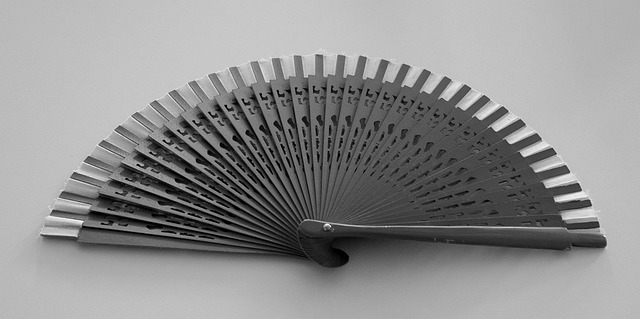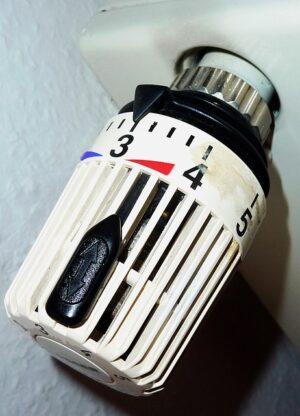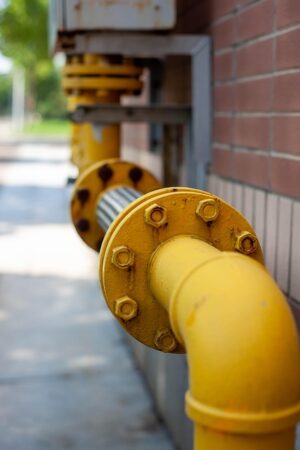Electric boilers, despite their fuel efficiency, face unique challenges from corrosion and scale buildup, especially in regions with hard water. Stainless steel, with its high chromium content forming an inert layer, offers superior corrosion resistance and is ideal for modern electric heating systems. Advanced stainless-steel boilers feature protective coatings to prevent mineral adhesion and scaling, enhancing efficiency and prolonging lifespan. Regular cleaning, flushing, and descaling are vital for maintaining optimal performance, preventing corrosion, and ensuring safety in both residential and commercial electric boiler systems.
In the realm of heating solutions, stainless-steel electric boilers stand out for their durability and performance. This article delves into the heart of these efficient systems, focusing on their resistance to corrosion and scale buildup. We explore the science behind stainless steel’s protective properties, uncover design elements that mitigate damage, and reveal essential maintenance practices. By understanding these factors, users can ensure optimal longevity and consistent performance from their electric boilers.
- Understanding Corrosion and Scale Buildup in Electric Boilers
- Material Science: The Role of Stainless Steel in Resistance
- Design Features Enhancing Corrosion Prevention
- Maintenance Strategies for Longevity and Performance
Understanding Corrosion and Scale Buildup in Electric Boilers

Corrosion and scale buildup are common challenges faced by electric boiler systems, especially in environments with hard water. Electric boilers, unlike their gas counterparts, don’t directly burn fuel, but they still encounter corrosion due to the electrical current passing through various components. Over time, this can weaken the integrity of parts, leading to leaks or reduced efficiency. Scale buildup, caused by mineral deposits from hard water, is another significant issue. As scale accumulates inside the boiler, it restricts water flow and insulates heating elements, necessitating regular descaling to maintain optimal performance.
The presence of electric heating systems in homes and buildings has led to a growing interest in energy-efficient heating solutions. Residential electric boilers, particularly those utilizing modern electric heating technology, offer clean heating systems with reduced environmental impact. However, understanding the unique challenges posed by corrosion and scale buildup is crucial for effective maintenance and prolonged service life of these boiler systems, including both electric central heating and electric space heating applications within electric HVAC systems.
Material Science: The Role of Stainless Steel in Resistance

Stainless steel plays a pivotal role in the durability and performance of electric boilers, offering superior resistance to corrosion and scale buildup compared to many other materials. Its unique chemical composition, characterized by high chromium content, forms an inert protective layer known as passivation. This layer acts as a barrier, preventing oxygen and moisture from reacting with the metal’s surface and thus minimizing corrosion.
The versatility of stainless steel is further enhanced by its ability to withstand extreme temperature variations, making it ideal for electric heating systems, including residential electric boilers and clean energy-efficient heating solutions like electric central heating and electric HVAC systems. By mitigating scale buildup, which can be a common issue in traditional boiler systems, stainless steel contributes to the longevity and efficiency of these advanced home heating boilers and electric space heating technologies.
Design Features Enhancing Corrosion Prevention

The design of modern stainless-steel electric boilers incorporates several features that significantly enhance corrosion prevention and scale buildup resistance. These advanced designs leverage the inherent properties of stainless steel, known for its exceptional corrosion resistance compared to traditional materials like copper or carbon steel. The use of high-grade stainless steel ensures that the boiler’s outer shell remains intact, protecting the internal components from corrosive elements present in water supplies.
Moreover, innovative manufacturing techniques employ specialized coatings and treatments on the inner surfaces of these electric boilers. These treatments create a barrier against scale formation by reducing the adhesion of minerals and preventing them from accumulating. As a result, residential electric boilers with these design features not only offer superior energy efficiency through electric central heating or electric space heating but also ensure longer lifespan and reduced maintenance requirements when compared to traditional boiler systems. This is particularly beneficial for homeowners looking for clean heating systems and energy-efficient electric HVAC systems.
Maintenance Strategies for Longevity and Performance

Regular maintenance is key to ensuring your stainless-steel electric boiler retains its performance and longevity. A consistent cleaning routine helps prevent scale buildup, a common issue in hard water areas that can reduce efficiency and even lead to corrosion. By employing preventive measures, such as flushing and descaling at recommended intervals, you protect the boiler’s internal components from damage caused by mineral deposits.
Additionally, keeping an eye on electrical connections and insulation ensures the safety and effectiveness of your electric heating system. Regular checks for any signs of wear or damage will go a long way in maintaining optimal energy efficiency in both residential electric boilers and larger-scale electric HVAC systems. This proactive approach to maintenance not only extends the life of your boiler but also ensures clean, reliable home heating throughout the seasons, aligning with the growing demand for energy-efficient heating solutions.
Stainless-steel electric boilers offer a robust solution for industrial heating applications, thanks to their inherent corrosion resistance and superior performance in preventing scale buildup. By combining advanced material science with strategic design features, these boilers ensure longevity and optimal efficiency. Implementing regular maintenance routines further enhances their lifespan, making stainless steel the preferred choice for reliable and sustainable electric boiler operations.






